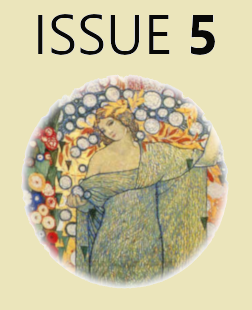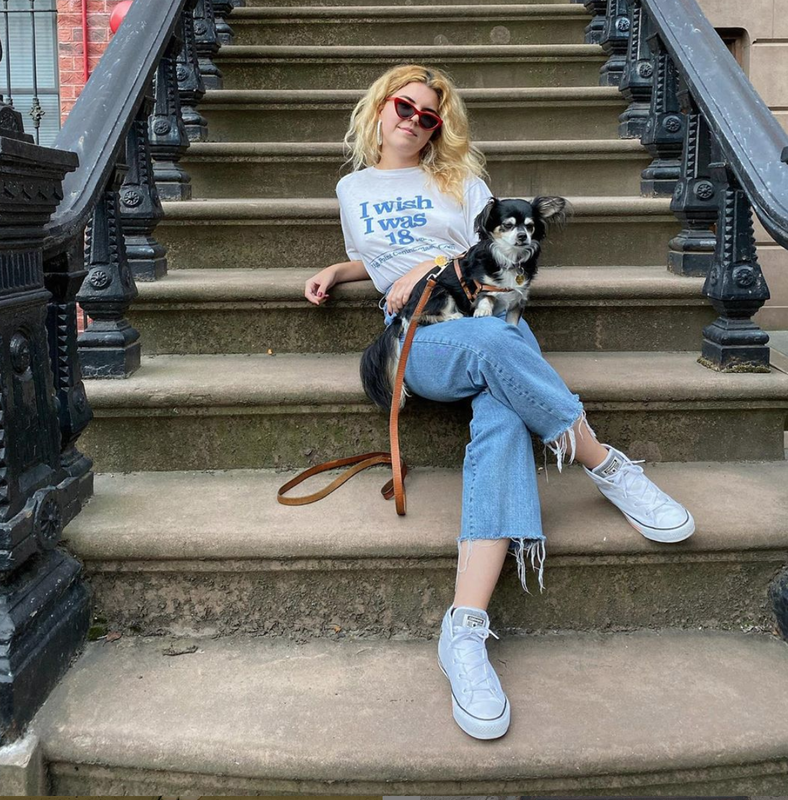|
MENTORSHIP RECIPIENT
Mentor Commentary
Laura Walter |
On the Corner, Tucked AwayNonfiction by Ariél Martinez
I think of that apartment as being my first adult home. Once, I told my now ex-girlfriend, C, that she felt like home to me, but I see that I lied—it wasn’t her, it was that space. After she and I broke up, I rearranged my (!) bedroom with a close friend on a Sunday afternoon and was immediately taken with the way sunlight from my window hit the grayish blue of my duvet cover. My friend and I, who I’d known since I was fifteen, crouched on either side of a white couch and dragged it into different corners of the bedroom, seeing where it would fit now. We pulled the bed into a new spot and lay on the mattress together, celebratory. I rolled over and looked at her recently bleached hair splayed out on the pillow case, feeling so goddamn grateful. It seemed appropriate that this particular person was helping me rearrange my space. We’d spent every weekend having sleepovers in the same bed for two years in high school, and here we were, on the same blanket again twelve years later, recalibrating where everything now fit.
|




